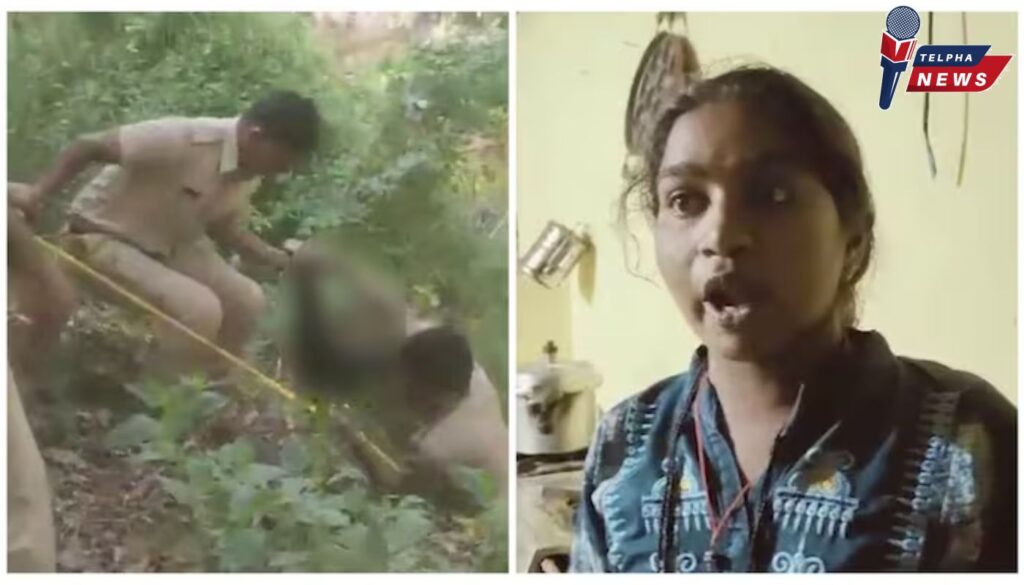
In recent news, a tragic incident has shaken the community of Halamadi village in Karnataka’s Uttara Kannada. Savitri, a 32-year-old woman, stands accused of throwing her six-year-old son, Vinod, into a canal known to be inhabited by crocodiles. What led to this horrifying event? How could such a tragedy unfold in a seemingly ordinary household?
The incident, which occurred following a heated argument with her husband, Ravi Kumar, sheds light on the grim reality of domestic strife and its devastating consequences. Savitri and Ravi Kumar’s relationship was marred by frequent clashes, exacerbated by their son Vinod’s hearing and speech impairment. This added layer of complexity to their already strained marriage.
As a house help and a mason helper respectively, Savitri and Ravi Kumar faced the challenges of making ends meet while also grappling with their son’s special needs. The pressure of societal expectations, coupled with financial constraints, likely intensified their conflicts. It’s a stark reminder of the invisible burdens many families silently endure.
The tragic events of that fateful Saturday night unfolded amidst a backdrop of despair and desperation. Following an argument, Savitri allegedly made the harrowing decision to throw Vinod into the canal, despite knowing the dangers it posed. The darkness of the night compounded the difficulty of search efforts, prolonging the agony for all involved.
The discovery of Vinod’s body the following morning, partially devoured by a crocodile, sent shockwaves through the community. The extent of his injuries serves as a haunting reminder of the brutality of nature and the fragility of life.
In the aftermath of this tragedy, Savitri and Ravi Kumar find themselves entangled in a web of legal proceedings, facing accusations and judgment from society. Savitri, in her defense, points fingers at her husband, accusing him of mental torture and ultimately holding him responsible for their son’s death.
However, amidst the blame and the anguish, it’s crucial to recognize the systemic failures that may have contributed to this heartbreaking outcome. The lack of adequate support for families navigating the complexities of disability, coupled with the stigma surrounding mental health issues, underscores the urgent need for societal intervention and empathy.
As we grapple with the aftermath of this tragedy, it’s imperative to reflect on the broader implications it holds for our society. How can we better support families facing similar challenges? How do we foster a culture of compassion and understanding, rather than one of judgment and condemnation?
In memory of young Vinod, let us strive to create a world where every family feels supported, every child feels valued, and every voice is heard. It’s a sobering reminder that behind every headline lies a human story, fraught with pain, but also brimming with the potential for change.